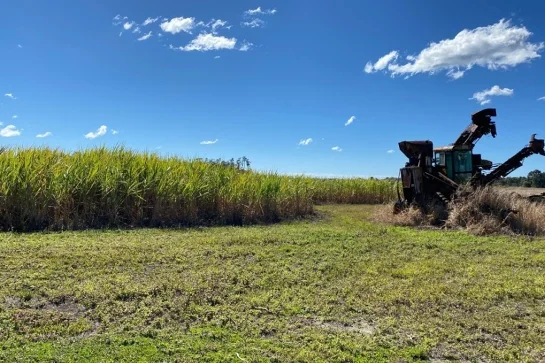
Exploring reefs around the world is
now possible without leaving home, with Reef Life Explorer, an
interactive platform that tracks global reef health using data collected by
citizen science scuba divers.
Launched today, this initiative of the Reef Life Survey program is an immersive
platform that represents an unprecedented global collaboration spanning
decades.
Reef Life Survey President and Institute for Marine and
Antarctic Studies (IMAS) marine ecologist Rick Stuart-Smith said the insights
of this unique collaboration between professional and citizen scientists have
now been brought to life through an interactive map, developed in partnership
with human futures design studio GLIDER.
“Hundreds of citizen scientist divers have surveyed
thousands of reefs in a mammoth effort to monitor and track the state of our
global reef ecosystems, and our researchers at Reef Life Survey and
IMAS at the University of Tasmania have processed and analysed millions of rows
of data to present these trends,”
Associate Professor Stuart-Smith said.
The new Reef Life Explorer makes the underwater world
visible, bringing to life data from more than 26,000 surveys across 4,000 sites
in 54 countries and territories, representing almost 5,000 species and over 19
million individual animals.
On the surface, Reef Life Explorer provides an impressive
overview of the trends in marine life, but diving deeper reveals the mounting
pressure our reefs face from coastal development, seafood consumption,
recreation and human-induced climate change.
The impacts of various pressures have all too often been out
of sight, below the surface. So by diving in and taking action, citizen
scientist scuba divers have done the surveys and collected the data that
enables researchers to see and understand the shifting condition of our reefs –
reefs that support the livelihoods of hundreds of millions of people around the
world.
“Since the project began, we’ve always seen the data we
collect underwater as public property, with value far beyond the scientific
community.
“We wanted to display the data in a way that would
allow anyone with an internet connection and an interest in our oceans to see
what’s going on below the surface – and to explore the impacts and trends
affecting the health of our reefs, through time,” Associate Professor Stuart-Smith
said.
By highlighting the pressures our reefs face, and starting
to track and monitor these changes, the platform enables more informed,
collective decisions that will help manage and protect these vital ecosystems
for future generations.
Founder and Director of GLIDER Lekki Maze said Reef Life
Explorer provides an immersive experience in the underwater world, giving unparalleled
visibility on the threats facing our reefs by visualising and reflecting the
collective effort of thousands.
“It’s a potent reminder that each of us, whether it is
as a citizen scientist or a more conscious consumer, can have an impact and
help drive change,” Ms Maze said.
Associate Professor Stuart-Smith said Reef Life Explorer was an exceptional
platform and had exceeded his team’s expectations.
“Reef Life Explorer is a live, constantly-evolving resource
that will continue to grow as the global monitoring effort expands – with more
citizen scientist divers and collaborators contributing more data from more
reefs around the world,” he said.
“We’re really excited to be sharing this with the world.”
The Reef Life Explorer, and the broader Reef Life Survey
activities that underpin it, have been supported by the Ian Potter Foundation, the
Department of Environment, Land, Water and Planning (Vic), State Natural
Resource Management Program (WA), the Minderoo Foundation, the Integrated
Marine Observing System and the Institute for Marine and Antarctic Studies.







